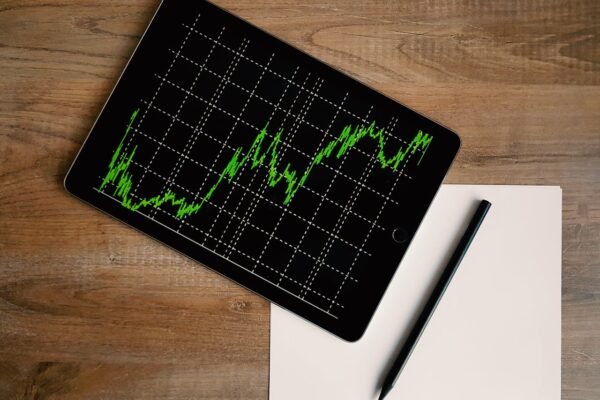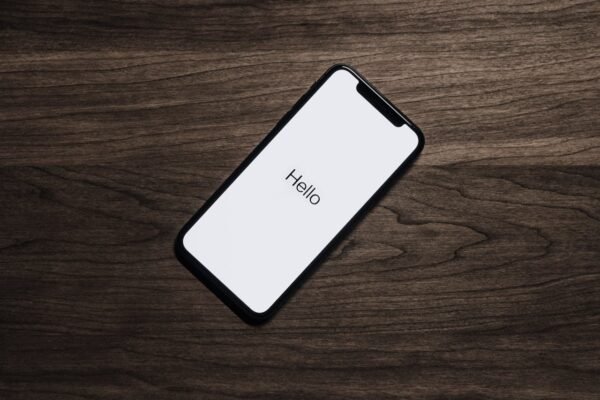The internet feels like a place where anyone can share ideas and connect freely. But when it comes to control, the reality is more complicated. A mix of big tech companies, governments, and international groups all have a say in how the internet works and what we see.
It’s not just one person or group controlling everything behind your screen. Instead, power is spread out and often hidden, with companies like Google and Facebook shaping much of what we experience online. Governments also step in to set rules and monitor activity.
If you’ve ever wondered who really decides what happens online, it’s a struggle between all these players. Understanding this helps me see why the internet isn’t as free or open as it looks.
Key Takeaways
- Different groups share control over the internet’s rules and content.
- Big companies play a major role in shaping what we see online.
- Governments influence how the internet operates in many countries.
The Foundations of Internet Control
The internet works because many people and groups manage different parts. Some handle the names you type, others run the cables and networks, and some set the rules for how countries use it.
The Role of ICANN and Domain Name Governance
ICANN is a key player in internet control. It manages domain names like .com, .org, and country codes like .uk. This means ICANN decides who can use certain website addresses and keeps the system organised.
Without domain name governance, the web would be chaotic. Imagine if multiple websites used the same name or if addresses changed randomly. ICANN also coordinates the work of registries and registrars, making sure everything runs smoothly.
Internet Service Providers and Infrastructure
Internet Service Providers, or ISPs, connect us to the internet. They own and manage the physical infrastructure like cables, routers, and servers. ISPs decide how fast the internet runs and can control access to certain sites.
Because they manage the infrastructure, ISPs have a lot of power. In some cases, they can block or slow down content. This means your experience online depends heavily on your ISP and the equipment they use.
International Regulatory Bodies
Many countries have rules about internet use, but international bodies also set important guidelines. Organisations like the International Telecommunication Union (ITU) help coordinate policies across borders.
These bodies work with governments and companies to manage internet resources, security, and standards. They don’t control everything directly but influence how the internet is governed worldwide. Their role is key in keeping the internet fair and open across different nations.
Major Players Shaping Online Power
There are two main groups that really shape what happens online. One controls the technology we use every day, and the other makes the rules that shape how the internet works. Both have a big impact on what we see and do online.
Big Tech Corporations
When I think about who controls the internet, big tech companies come to mind first. Brands like Google, Apple, Facebook (now Meta), Amazon, and Microsoft own most of the websites, apps, and services we use. They decide what content gets promoted, how privacy settings work, and how easy it is for people or businesses to connect.
These companies also control huge amounts of data. This data is powerful because it helps them target ads and influence what we see. Many times, their decisions affect our opinions, shopping habits, and even the news we read.
The technologies these companies build, like search engines or social media, shape what’s possible online. They invest billions in improving them, which means they often set the rules for others to follow too.
National Governments and Policy Makers
Governments also play a huge role in controlling the internet. They create laws about privacy, security, and online behaviour. These laws can either protect us or limit what we can do online.
In some countries, governments control access to certain websites or even block services completely. They monitor online activity and can force companies to share information about users.
Governments also work together in groups or meetings to create global internet rules. These rules affect how data moves across borders and how companies must behave. Governments want to protect their citizens, but sometimes their actions cause restrictions or internet slowdowns.
Understanding how these two groups work helps me see why the internet isn’t just a free space but a place shaped by powerful forces.
Hidden Influences and Emerging Trends
The internet’s control isn’t just by governments or big companies. There are groups behind the scenes shaping rules, new technology shifting power, and organisations fighting for user rights. These forces change how the internet grows and how we use it every day.
Private Organisations and Lobbyists
Private companies spend millions lobbying governments to make laws that benefit them. Big tech firms like Google and Facebook want rules that let them collect data freely and keep their market power.
Lobbyists influence policy on topics such as privacy, net neutrality, and online advertising. This means some laws might support corporate interests over people’s privacy.
Many smaller companies don’t have the same influence, so lobbyists often shape the internet in favour of big players.
Decentralisation and Blockchain Initiatives
There’s a growing push to shift power away from centralised internet control. Technologies like blockchain offer ways to build decentralised networks.
With decentralisation, no single company or government controls data or servers. This can protect user privacy and reduce censorship.
Projects using blockchain try to create websites, apps, and currencies that are harder to control or shut down.
While still new, these ideas might change how we access content and keep control over our own information.
Digital Rights Advocacy Groups
Groups like the Electronic Frontier Foundation (EFF) work to protect online rights and freedoms. They fight against censorship and mass surveillance.
These advocates push for stronger privacy laws and challenge companies or governments that abuse power online.
They also educate users about threats like data theft and promote tools for safer internet use.
Thanks to their work, people have a louder voice in how the internet is run and protected.
FAQs
Who controls the internet?
No single person or group controls the whole internet. It is managed by many organisations, companies, and governments working together. Different parts, like websites or data flow, have different controllers.
Can a government shut down the internet?
Some governments can limit or block internet access in their countries. But shutting down the whole internet is nearly impossible because it is spread across the world.
What is net neutrality?
Net neutrality means internet providers should treat all websites and services equally. They shouldn’t block or slow down content just because of what it is or who owns it.
| Question | Short Answer |
|---|---|
| Who decides internet rules? | Mainly organisations and governments |
| Can hackers control the web? | They can harm parts, but not all of it |
| Is my data safe online? | It depends on websites and security measures |
Why does internet control matter?
Control affects what you see online and how free the internet is. It can impact privacy, access to information, and the services you use daily.
I believe understanding who controls the internet helps us use it more wisely and safely.





